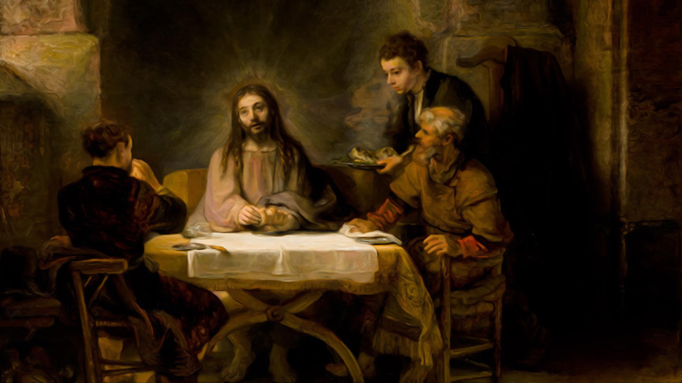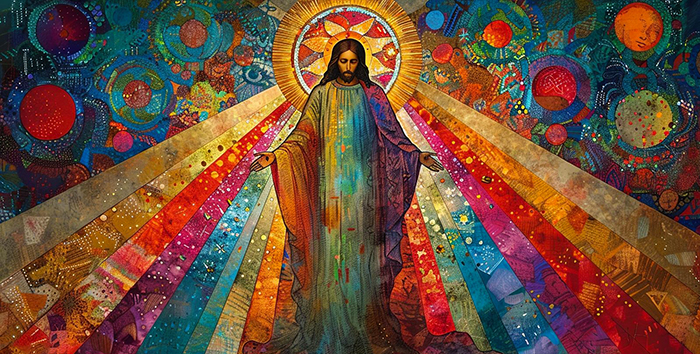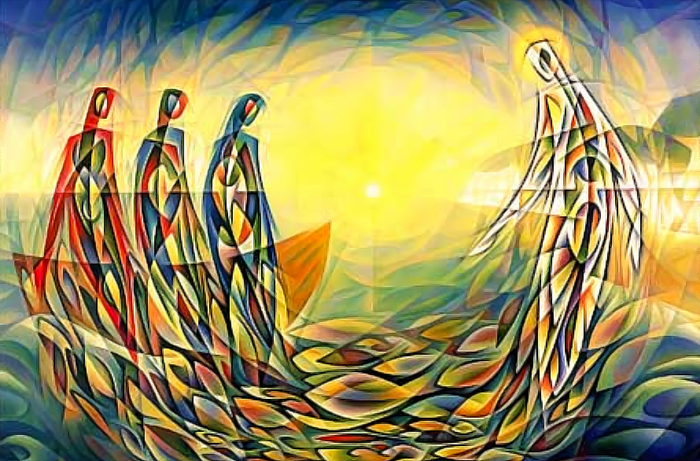
As we sit and read the scriptures 2,000 years after the events being described occurred, we can often find ourselves wondering how the disciples could have missed all of those clues Jesus provided them about who he was and what he came to do. In all fairness, they viewed Jesus through a different lens than we do today. Everything the Lord endured in his passion was numbing and fear inducing for the disciples. The readings assigned to the liturgies of the Easter season are intended to mediate the reality of the resurrection as an event accessible to us today, in the here and now. They seek to answer the question of how in our daily lives we encounter the risen Jesus and share in his victory over sin and death in the resurrection. Jesus rose for every human being, for the whole family of God, from the first Adam to the last Antichrist. He rose not simply for the good and the “nice.” He rose not only for the Virgin Mary who mothered him but for the Judas who betrayed him and for the Peter who denied him thrice. Importantly for our presence here today, Jesus rose to life for each of us and those yet to come. Easter in its essence is Jesus: Jesus risen, Jesus gloriously alive, Jesus risen and alive for us. What this “for us” means in the concrete is that we Christians are risen with Christ. In particular, the risen Christian should live the charge Jesus said would determine if we are to rise together with him for ever: “I was hungry and you gave me food, I was thirsty and you gave me drink, a stranger and you welcomed me, naked and you clothed me, ill and you cared for me, in prison and you visited me . . . Whatever you did for one of these least brothers [or sisters] of mine, you did for me.” Such fidelity to relationships is the new life of risen Christians which means this meant for your life and mine. A taxing task, for it touches our responsibilities to all that is: to God, to people, to earth. And still a thrilling task, for the Christ Jesus who rose from death to life on the first Easter, the same Christ Jesus who raised us to new life with him in our baptism, wants with all his heart to share that life and its responsibilities. In fact, unless he shares that life, our new life would not exist; we cannot live it alone.









